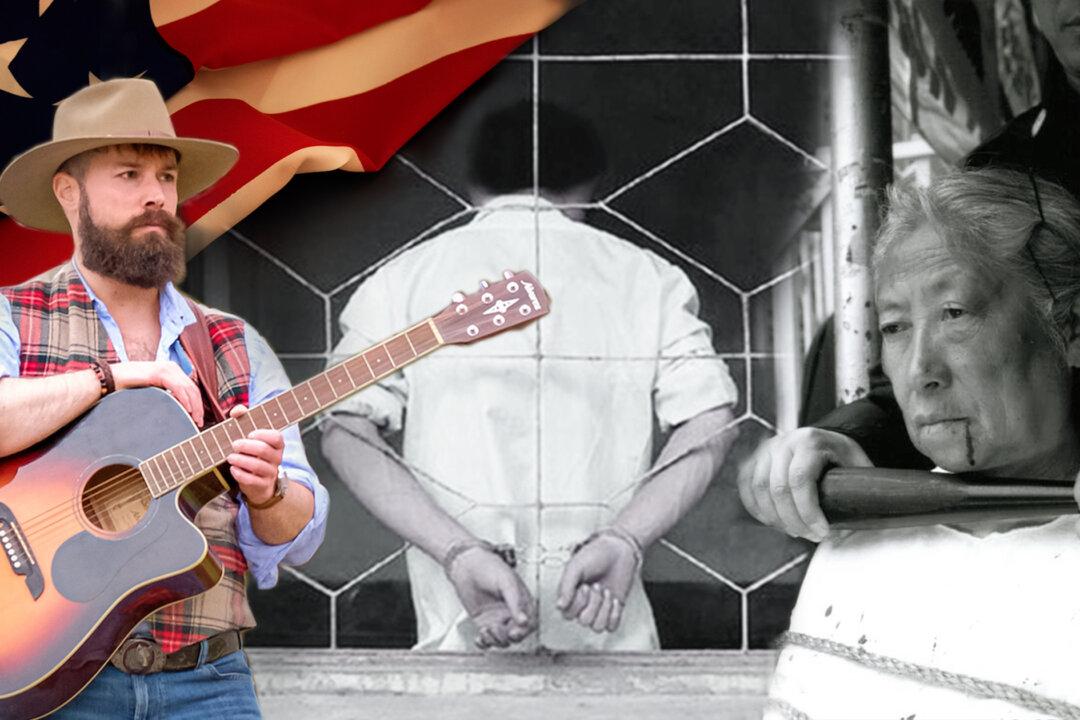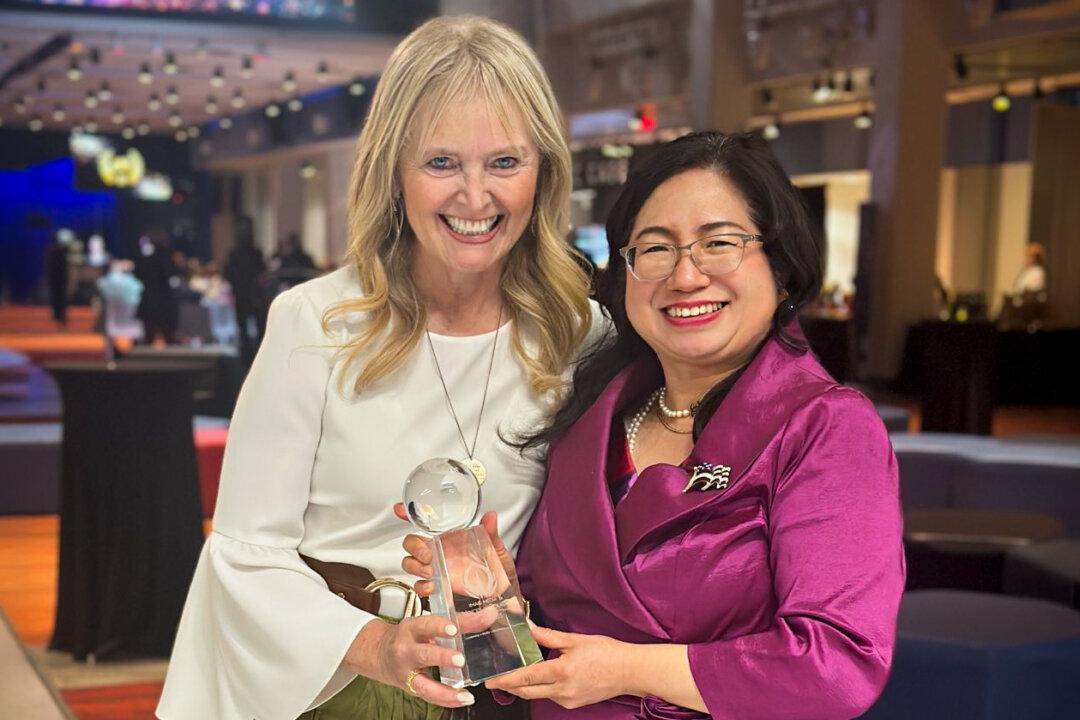Singer-songwriter and human-rights activist James H. White, living in Mount Hope, New York, has been working tirelessly for the past 15-plus years to expose “the evils of communism.”
White, who believes communism is “a hard fist, brutal tyranny,” has co-written, hosted, and narrated the award-winning documentary Canaries in a Cold War, which reveals how communist leaders’ sinister goals are gaining ground beyond the borders of China. Drawing a sharp contrast between communism and traditional culture, White told The Epoch Times that the former “advocates and awards evil,” while the latter “links mankind to God.”






